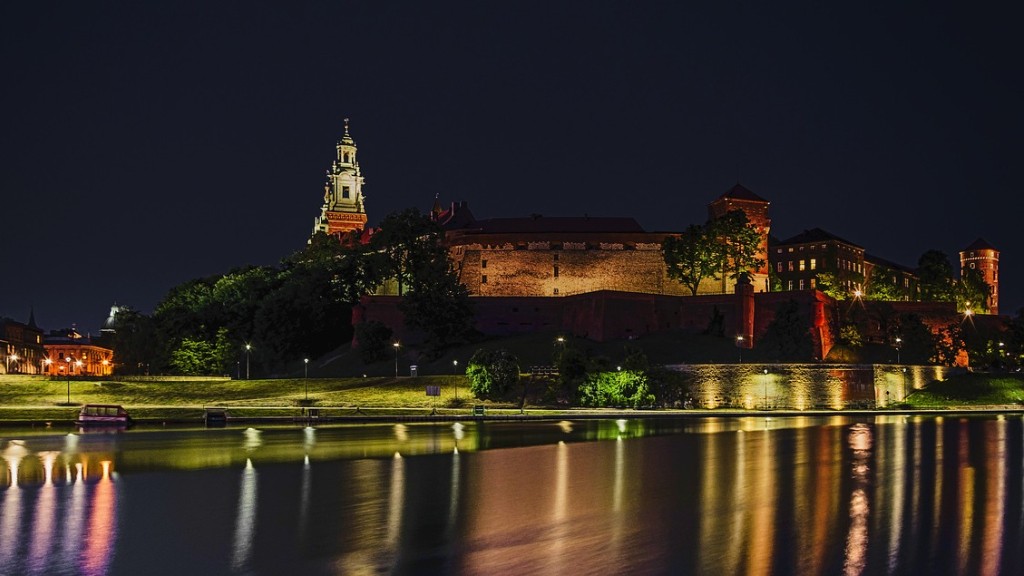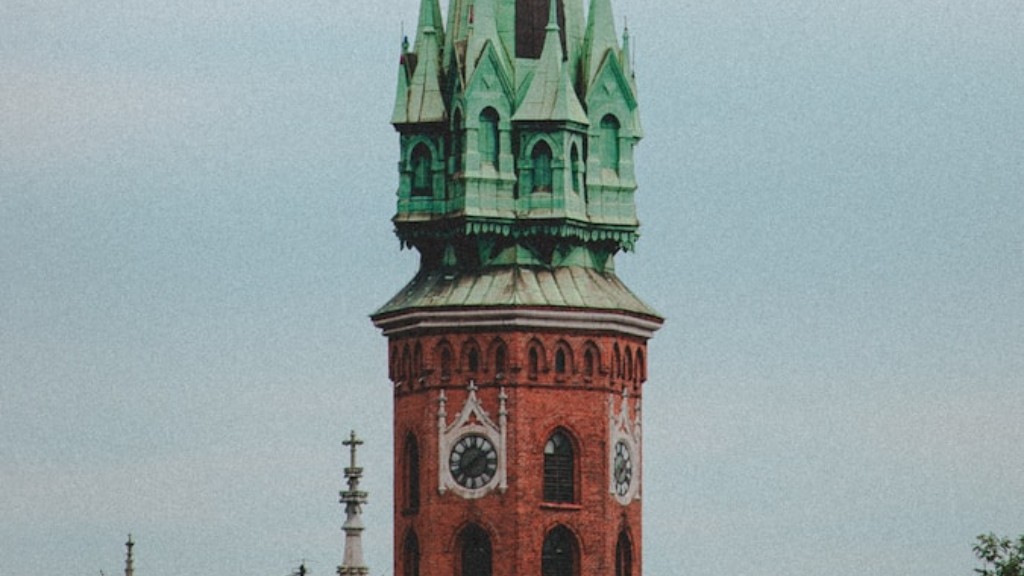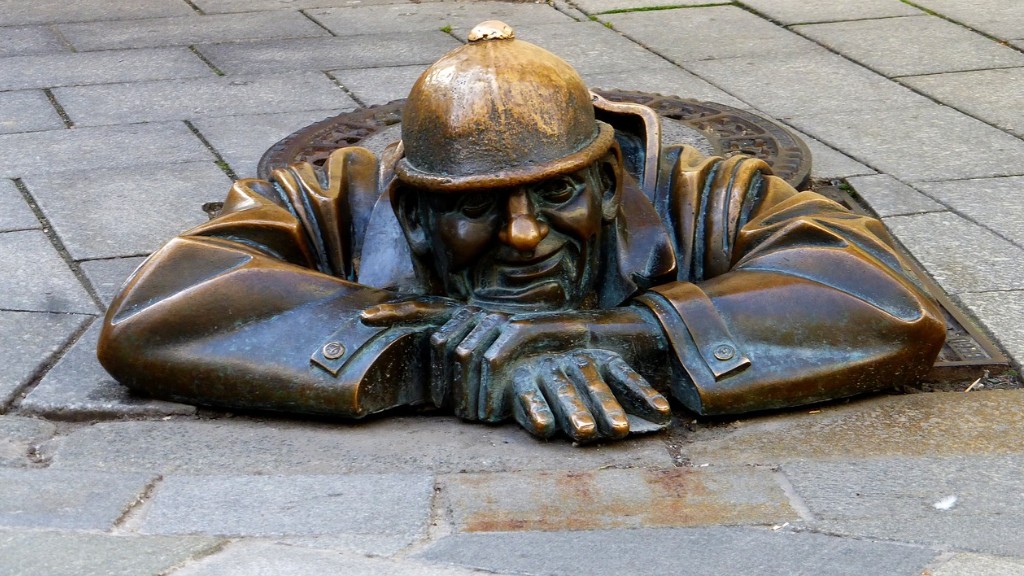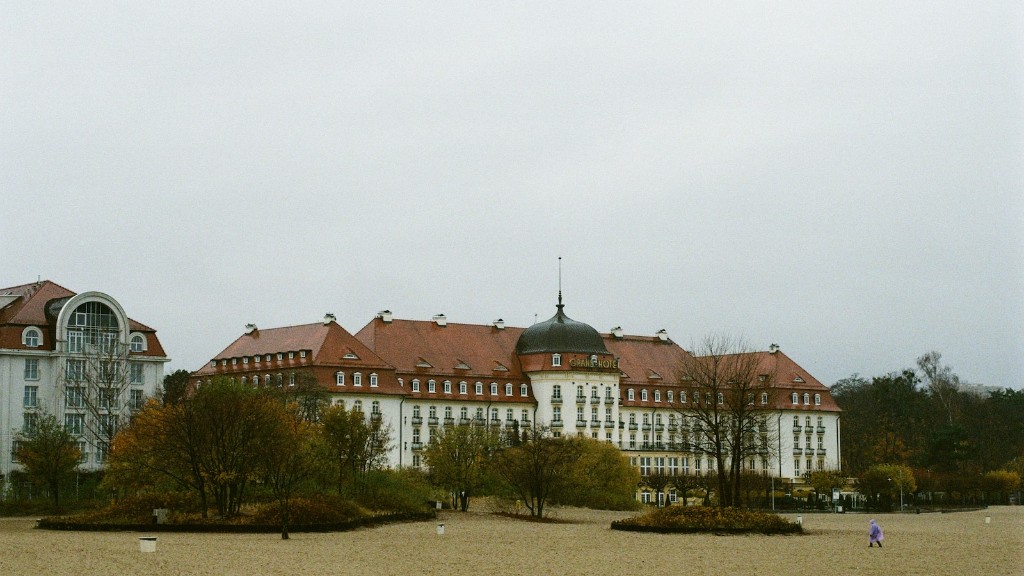Overview of Life in Poland
The Republic of Poland is a Central European nation bordered by Germany, the Czech Republic, Slovakia, Ukraine, Belarus, and Lithuania. According to the World Bank, Poland had an estimated GDP of $581.4 billion in 2019. This makes it the largest economy in Central Europe and the sixth largest economy in the European Union. Additionally, Poland is a member of several international organizations, including the United Nations, NATO, and the European Union.
Overall, the quality of life in Poland is 7 percent above the world average, with high scores for cost of living, safety, health, and education. According to Numbeo, the cost of living in Poland is about 10 percent less than in the United States and 30 percent less than in the United Kingdom. Housing is especially affordable, with a one-bedroom apartment in the center of a city or town costing about 500 Euros per month.
The average monthly salary in Poland is 2,235 Euros, which is about 10 percent higher than the average salary in the European Union, but still much lower than in the United Kingdom or the United States. Unemployment in Poland is also lower than the European Union average, standing at 4.5 percent in 2019.
Poland is regarded as a very safe country. The homicide rate is roughly a tenth of the rate in the United States, according to the United Nations Office for Drugs and Crime’s 2019 Global Study on Homicide. Violent crime is also uncommon, with most crime being non-violent such as property crime.
Healthcare in Poland is generally good, although it is somewhat divided between private and public healthcare systems. Private healthcare is said to be of higher quality, but it is much more expensive. For expats, private healthcare is recommended as it will provide better quality of care.
Education in Poland is also good, with students typically entering university at the age of 20. Elementary and secondary education is free for citizens, and those studying at university can apply for grants or scholarships. In 2019, the international education think-tank Education First ranked Poland’s higher education system as 12th in the world.
Culture and Entertainment in Poland
The culture in Poland is vibrant and diverse, with the country boasting a rich tapestry of old and modern architecture, music, food, and art. Poland is home to multiple UNESCO World Heritage Sites, including the medieval Old Town of Krakow, the mediaeval salt mine of Wieliczka and the Auschwitz-Birkenau concentration camp memorial.
Poland also has a thriving cultural scene, with many music festivals and events taking place throughout the year. The country is also home to a multitude of famous museums and galleries, such as the contemporary art museum Zachęta in Warsaw, the National Museum in Krakow, the Museum of the Second World War in Gdańsk and many more.
Movies in Poland are also popular, with Polish cinema receiving international recognition in recent years. Andrzej Wajda’s 1954 film Kanal won the Palme d’Or at the Cannes Film Festival, and more recently Agnieszka Holland’s 2013 film In The Name Of.. won the Silver Bear at the Berlin International Film Festival.
Poland is also home to a variety of sports, with volleyball, handball, football, and skiing being the most popular. Polish athletes have won multiple gold medals in the Olympic Games, with Robert Korzeniowski holding the record for the most career medals won by a Polish athlete.
Of course, food is an important part of life in Poland. There are many traditional Polish dishes, such as pierogi, bigos, and golonka, as well as international favourites like pizza and kebabs. There are also plenty of restaurants and bars throughout the country that provide a vast range of cuisine options, from Chinese and Japanese to Italian and American.
Travel Opportunities in Poland
Poland is a great destination for travellers, with the country offering something for everyone. The capital city of Warsaw is a vibrant metropolis with many historical sights, museums, cafes and restaurants. Other popular cities include Krakow, with its cobblestone streets and stunning architecture; and Gdansk, with its old town and beautiful beaches. Poland also boasts a number of national parks, skiing resorts and other outdoor activities.
Travelling around Poland is relatively straightforward, with an efficient train and bus system connecting the country. Warsaw is home to one of the busiest airports in Central Europe, with flights to most major cities in Europe and beyond. Additionally, Poland’s location in Central Europe means that it is a great starting point for exploring the rest of the continent, with easy access to Germany, the Czech Republic, Slovakia, and Hungary.
Furthermore, Poland has a plethora of accommodation options available, with plenty of hostels, hotels, and Airbnb listings that won’t break the bank. Prices usually range from 25 to 80 Euros per night for a single room, depending on the quality and location.
Pros and Cons of Living in Poland
The quality of life in Poland is generally good, although there are some drawbacks to life in the country. On the plus side, Poland offers a safe and stable environment with affordable living and education costs. The public transport system is efficient and reliable, and the country is well connected to the rest of Europe by train and air. Furthermore, the culture in Poland is vibrant and diverse.
On the downside, many people feel that Poland is behind the times when it comes to certain aspects of modern life. The economy is still largely dependent on the export of low-cost manufactured goods, and the country is still recovering from post-Communist stagnation. Furthermore, there is still a fair amount of political instability, with a string of governments in recent years.
Additionally, some people may find the language barrier to be too great. Poland’s official language is Polish, and although most people can speak English, it is still not as widely used as in other parts of Europe. Finally, there is still a degree of cultural conservatism, with LGBT+ rights being far behind those in other European countries.
Education System in Poland
The education system in Poland is generally good, although it varies depending on the region. Primary and secondary education is free for citizens, and students typically enter university at the age of 20. Tuition fees tend to be quite reasonable, with a year at university costing roughly 4,000 Euros. Furthermore, students can apply for grants and scholarships that can help to offset the cost.
The quality of education in Poland is also good, with the country ranking 12th in the world in the 2019 Education First Higher Education Index. Furthermore, according to the OECD, Poland is one of the top 10 countries in the world in terms of students’ performance in maths, science, and reading, and the literacy rate in Poland is 99.7 percent.
In terms of international students, Poland is an increasingly popular destination for those looking to study abroad. Many universities now offer courses in English, and the cost of living and tuition fees are much cheaper than in other European countries.
Cost of Living in Poland
The cost of living in Poland is relatively low compared to other European countries, and most people can get by on a relatively small budget. Food is especially cheap, with basic meals costing around 5 to 10 Euros. Housing is also relatively affordable, with a one-bedroom apartment in the center of the city costing about 500 Euros per month.
Utilities are generally quite cheap, with the cost of electricity, gas, water, and internet averaging around 40 to 50 Euros per month. Furthermore, public transport is generally very affordable, with a monthly ticket in the major cities costing about 30 Euros. Of course, the cost of living may vary depending on the region and the quality of life.
Overall, the cost of living in Poland is much lower than in other European countries, making it an attractive destination for expats and those looking to live on a budget. However, wages are relatively low, so it’s important to keep that in mind when budgeting.
Renting or Buying in Poland
When it comes to renting or buying, it is important to consider the cost of living in Poland and the associated expenses. Renting is generally much cheaper than buying, with one-bedroom apartments in the center of the city costing around 500 Euros per month. Additionally, rental contracts tend to be much shorter than in other countries, with one year being the most common.
Buying a property in Poland is generally more expensive, with average prices in major cities standing at around 3,000 Euros per square meter. However, the cost of buying will vary depending on the region and the quality of the property. Additionally, mortgage rates in Poland are amongst the lowest in Europe, ranging from 1 to 3 percent.
Finally, taxes on real estate in Poland are quite low, with rates of 0.03 to 0.06 percent per annum depending on the value of the property. Furthermore, real estate owners are eligible for a number of tax benefits, including tax-deductible mortgage interest payments and capital gains exemptions for non-residents.





